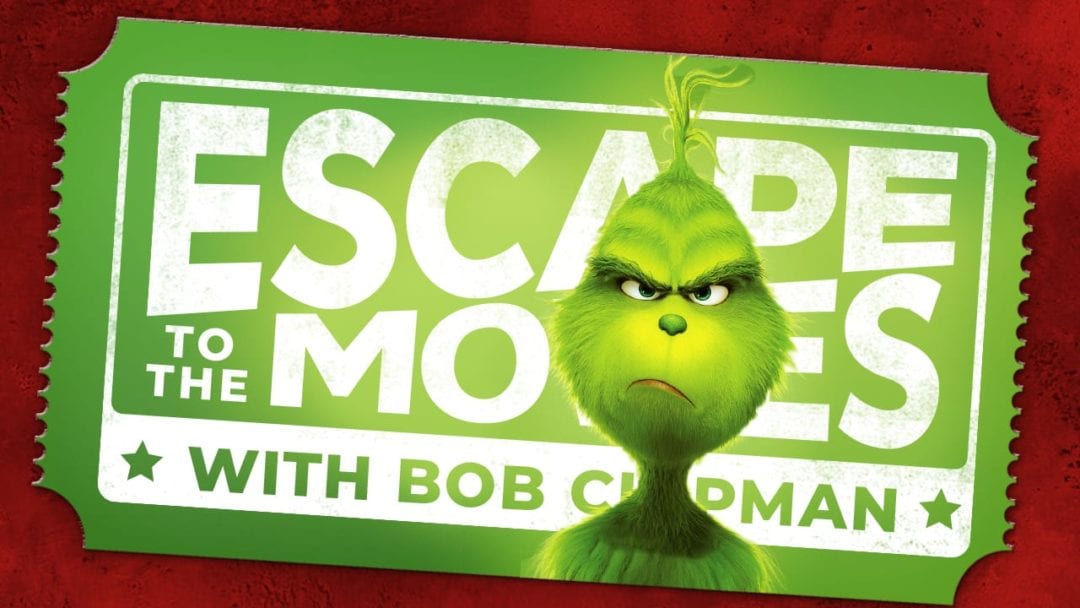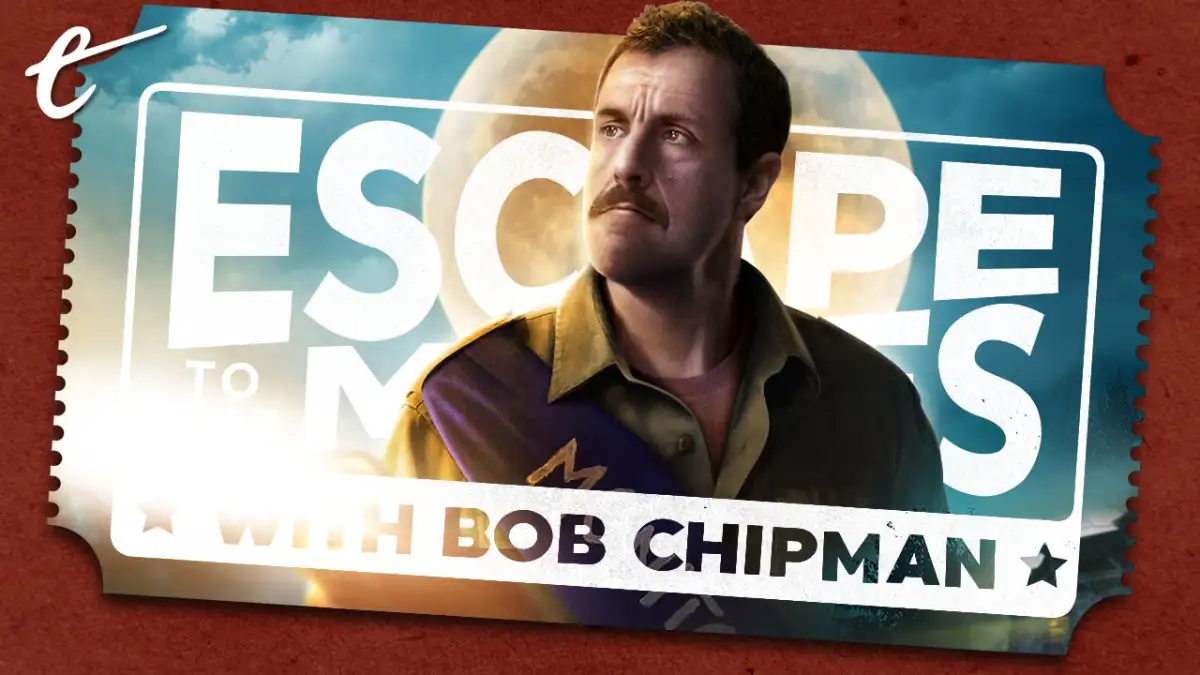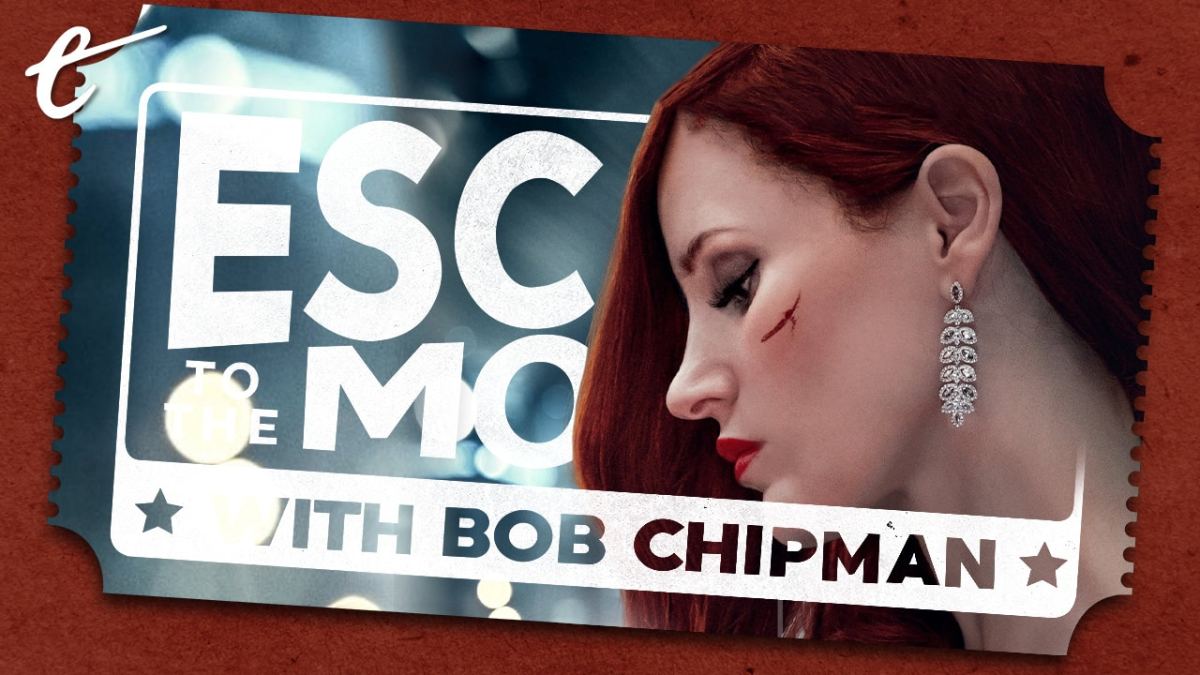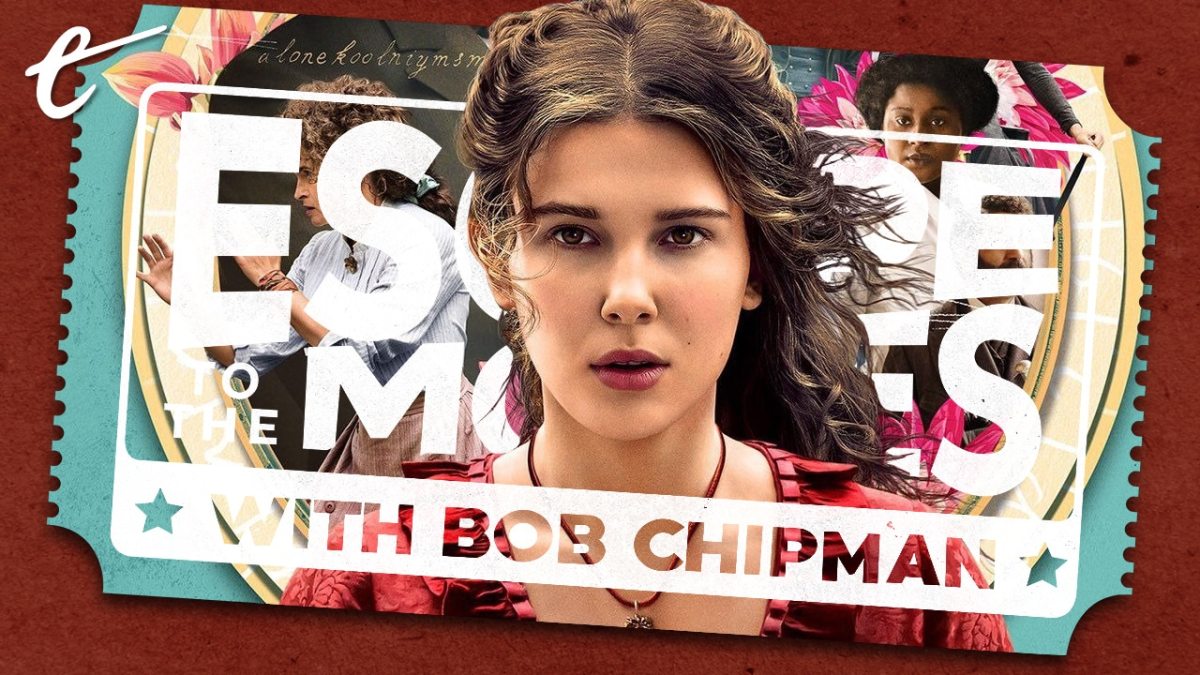Dr. Seuss’ How the Grinch Stole Christmas! is about 69 pages long with a paragraph’s worth of verse on each page, which broke down into to a 25 minute TV special (spaced out with a pair of songs and commercials) so perfectly back in the ‘60s it’s been a staple ever since. That should probably have been a clue that trying to turn it into a feature-length film was a bad idea and never going to work, yet somehow now we’re on attempt #2 because even though the last try with Jim Carrey was reviled by critics, it was a massive box-office smash. Plus Christmas movies can go into the yearly rotation and become eternally profitable. So now here we go again with The Grinch blown out to movie-length once more.
This time it’s from Illumination, the people who do the Minions movies and (because life is unfair) are currently in charge of the Super Mario movie. Yay. It’s also animated instead of live action and doesn’t try to expand the story into a bizarrely overblown anti-consumerist allegory like the prior version. While it still feels the need to give the Grinch an origin story, it’s a much more straightforward, less involved or complex one. Otherwise it sticks to Seuss’ original story more or less faithfully, until it doesn’t. But I’ll get to that … Benedict Cumberbatch is doing the voice, though as with Doctor Strange the filmmakers bizarrely asked the British actor mainly known for his commanding voice to do an unrecognizable American accent instead. (Occasionally he sounds like he’s doing the part as an impression of Paul Giamatti, begging the question: why not just get Paul Giamatti?)
It’s nice at first to realize that we’re not going to be dealing with the kind of warped tangential digressions that plagued the Jim Carrey movie — at least until you realize that The Grinch’s writers haven’t actually filled up all that now empty movie-length space with anything of substance. So while the last try may have been memorably awful, at least it was memorable. This one is primed to vanish from memory even faster than it takes to watch the entire original special. It’s the definition of inoffensively bad. There’s not really anything seriously “wrong” with it because there’s nothing seriously “with it,” period.
Of course, there’s a school of thought that holds that How the Grinch Stole Christmas! isn’t actually one of the richer Dr. Seuss stories, and that we mostly remember it because the payoff is good and the song from the cartoon was so catchy. But I’ve never really bought into that. I honestly think the reason it’s had such lasting appeal has a lot to do with the subtly subversive nature of telling what’s ostensibly a Christmas story by spending the whole time following a complete bastard of a protagonist who hates the whole thing and just rants about it nonstop.
How the Grinch Stole Christmas! introduced generations of kids to the idea of a misanthrope protagonist. We don’t know why The Grinch is such an asshole. He just kind of is. He spends the whole first half of the story being pissed off, grumbling about what actually is a pretty trying time of year for a lot of people, then gets it in his head to do a bad thing. We watch him plan the bad thing out and actually pull it off. Then it turns out everyone’s fine so then he’s fine too and it’s a happy ending.
There’s clearly something cathartic, taboo-busting and vaguely dangerous from a kid perspective in seeing a story about the “happiest time of the year” where the main character spends 98% of the time stomping around going, “Egh the world sucks and I hate everybody — fuck everything.” For children’s fare, Mr. Grinch counts as edgy. He’s a bridge between the all-bark grouchery of Sesame Street’s Oscar and an adulthood of identifying (at least some of the time) with the likes of Larry David or George Carlin.
This version is not interested in even that mild degree of edge. It’s big “fresh” take on the material is to posit a 21st century Grinch who’s honestly not really very grinchy, at all. Or scary. Or angry. Or particularly mean. He’s mostly just a passive-aggressive loner who avoids other people because he’s sad. No, really, that’s it. That’s the whole thing now: “What if instead of an absurdly short-tempered psychotic hermit who snaps, the Grinch is a mildly depressed neurotic dude who doesn’t manage seasonal affective disorder very well and eventually escalates for no good reason other than “that’s the story and it’s supposed to happen that way.”
And, yes — short of actually popping a Seussian Xanax, they really do go all in on this as their “modernized” take, complete with the language and visuals of modern therapeutic culture. In the new origin story, the Grinch is grew up in an orphanage and never had a family for Christmas, so being around it now gives him sad PTSD flashbacks. When he finds himself surrounded by cheerful Whoville revelers, he looks like he’s having an anxiety attack instead of raging or being angry. There are jokes about stress, meditation and “emotional eating.” Thinking on it, you almost want to call the movie out for demonizing depression except, well … he’s not very demonic.
He’s nice to Max the dog in this version, and he’s nice to an actual reindeer that shows up to pad out the runtime in Act 2. He knows what his problem is and has seemingly made peace with his decision about how to handle it. There’s really zero indication he’s going to do the “steal Christmas” thing until he up and decides to do it and when he does, it feels — from the planning up through the execution — like a random pain-in-the-ass prank he decides to pull rather than the original Seuss version’s apocalyptic breaking point. That doesn’t leave Cumberbatch much of a character to play, or the film much of a story to tell.
An attempt at a “twist” comes from giving Cindy Lou Who (the little girl who encounters the Grinch and mistakes him for Santa Claus, if you’d forgotten) a parallel storyline of her own to provide a reason why she’s deliberately trying to meet Santa face to face. The result is that the revelation that Cindy Lou waited up to ask for something utterly selfless can stick in the Grinch’s head and eventually change his heart.
It’s not a bad idea, it’s just not especially well executed. By the time it happens we’ve spent so much time with both Cindy Lou and The Grinch himself that we already know what she’s going to ask (not as in extrapolation, she just tells us) and how he’s likely to react. Hell, it’s not even a change of heart since we’ve already seen him be decent and sensitive to Max, the reindeer, and his own wounded psyche. There’s just no problem to be fixed here: no conflict, no drama.
On the other hand, as a nothing movie at least it didn’t make me want to actively claw my eyes out, which is an improvement on a lot of this year. It could absolutely have been much worse — but don’t you hate having to settle?







Published: Nov 23, 2018 12:04 pm